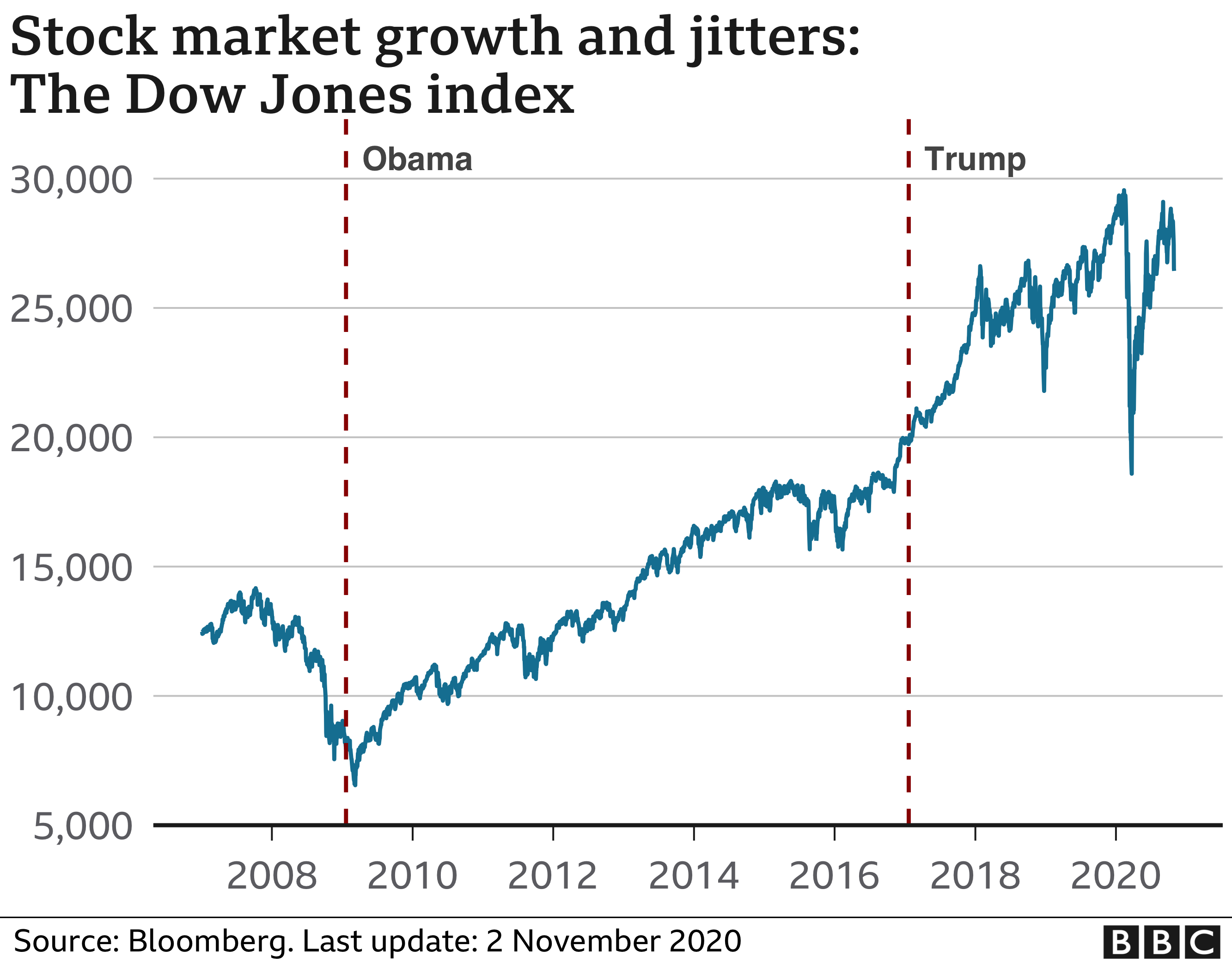Understanding The Crucial Role Of Middle Managers In Organizations

Table of Contents
The Bridge Between Leadership and Employees
Middle managers serve as the vital link between senior leadership and their teams. They translate high-level strategic goals into actionable plans and tasks, ensuring everyone understands their role in achieving the organization's objectives. This crucial translation process requires exceptional communication skills and a deep understanding of both the overall organizational strategy and the specific needs of individual teams.
- Communicating strategic goals effectively: Middle managers must break down complex strategic objectives into clear, concise, and easily understandable terms for their teams. This often involves adapting communication styles to reach diverse audiences.
- Providing clear direction and expectations: Setting expectations is paramount. Middle managers must clearly define roles, responsibilities, and performance metrics to ensure everyone is working towards the same goals.
- Facilitating collaboration and teamwork: Encouraging collaboration and breaking down silos within teams is crucial for success. Middle managers foster a positive team environment that encourages open communication and mutual support.
- Acting as a conduit for feedback between employees and upper management: This two-way communication flow is vital. Middle managers gather feedback from employees and relay it to upper management, while also ensuring that employees understand the rationale behind management decisions.
Bridging this communication gap effectively requires consistent messaging, active listening, and the ability to address employee concerns and anxieties. Ignoring this crucial role can lead to miscommunication, decreased morale, and ultimately, hindered organizational performance.
Developing and Mentoring Team Members
Effective middle managers are not just supervisors; they are also mentors and developers of talent. They play a critical role in identifying and nurturing the skills of their team members, fostering a culture of continuous growth and improvement. This investment in human capital directly impacts employee retention and overall organizational performance.
- Identifying employee strengths and weaknesses: Through regular performance reviews and informal feedback sessions, middle managers identify areas where employees excel and areas needing improvement.
- Providing performance feedback and coaching: Constructive feedback, both positive and critical, is essential for employee development. Middle managers provide specific, actionable feedback that helps employees improve their skills and performance.
- Creating opportunities for professional growth: Middle managers actively seek out opportunities for their team members to develop new skills and advance their careers. This might involve recommending training courses, assigning challenging projects, or advocating for promotions.
- Promoting a positive and supportive work environment: A positive work environment fosters employee engagement and productivity. Middle managers build a culture of mutual respect, collaboration, and support.
Effective mentorship leads to increased employee retention, improved job satisfaction, and enhanced performance. Investing in middle manager training on mentoring strategies is a worthwhile investment for any organization.
Driving Operational Efficiency and Productivity
Middle managers are directly responsible for the day-to-day operations of their teams. Their ability to optimize workflows, allocate resources effectively, and resolve conflicts directly impacts team productivity and overall organizational efficiency.
- Implementing effective project management techniques: Middle managers utilize project management methodologies to ensure projects are completed on time and within budget.
- Monitoring performance and identifying areas for improvement: Regularly monitoring key performance indicators (KPIs) allows middle managers to identify bottlenecks and areas for improvement in team processes.
- Optimizing resource utilization: Efficient resource allocation is crucial for maximizing productivity. Middle managers ensure resources are used effectively and efficiently.
- Troubleshooting problems and resolving conflicts: Middle managers are the first line of defense in resolving conflicts and addressing operational issues. Their ability to quickly and effectively resolve problems is essential.
Data and analytics play a crucial role in driving efficiency. Middle managers who leverage data to track performance, identify trends, and make informed decisions are essential for organizational success. Adaptability to changing organizational needs is also crucial for effective middle management.
Championing Organizational Culture and Values
Middle managers embody and reinforce the organizational culture and values. Their actions and behaviors directly influence the attitudes and behaviors of their teams, shaping the overall work environment.
- Promoting a positive and inclusive work environment: Middle managers foster a workplace culture of respect, inclusivity, and fairness.
- Modeling desired behaviors and attitudes: Middle managers lead by example, demonstrating the desired behaviors and attitudes expected of all employees.
- Encouraging teamwork and collaboration: Middle managers promote a culture of collaboration and teamwork, encouraging employees to work together towards common goals.
- Upholding ethical standards and promoting compliance: Middle managers ensure ethical conduct and compliance with organizational policies and regulations.
Strong leadership from middle managers significantly impacts employee engagement and satisfaction. Investing in training that focuses on cultural leadership is vital for creating a positive and productive work environment.
Conclusion
In conclusion, the critical role of middle managers in organizational success cannot be overstated. They bridge the communication gap, develop their teams, drive efficiency, and champion organizational culture. Understanding the crucial role of middle managers is essential for fostering a high-performing and engaged workforce. Invest in your middle managers; empower your middle management team through training, mentorship, and clear communication. By supporting and developing your middle managers, you are investing in the future success of your entire organization. Further resources on effective middle management strategies can be found through [link to relevant resources].

Featured Posts
-
 Taylor Swift Announces Reputation Taylors Version Release Date Speculation
May 18, 2025
Taylor Swift Announces Reputation Taylors Version Release Date Speculation
May 18, 2025 -
 Southwest Washingtons Economy Under Pressure The Tariff Challenge
May 18, 2025
Southwest Washingtons Economy Under Pressure The Tariff Challenge
May 18, 2025 -
 End Of An Era Luxors Ancient Egypt Buffet Closes
May 18, 2025
End Of An Era Luxors Ancient Egypt Buffet Closes
May 18, 2025 -
 Memahami Konflik Israel Hamas Perspektif Dan Jalan Menuju Perdamaian
May 18, 2025
Memahami Konflik Israel Hamas Perspektif Dan Jalan Menuju Perdamaian
May 18, 2025 -
 Complete Spring Breakout 2025 Roster Teams And Players
May 18, 2025
Complete Spring Breakout 2025 Roster Teams And Players
May 18, 2025
